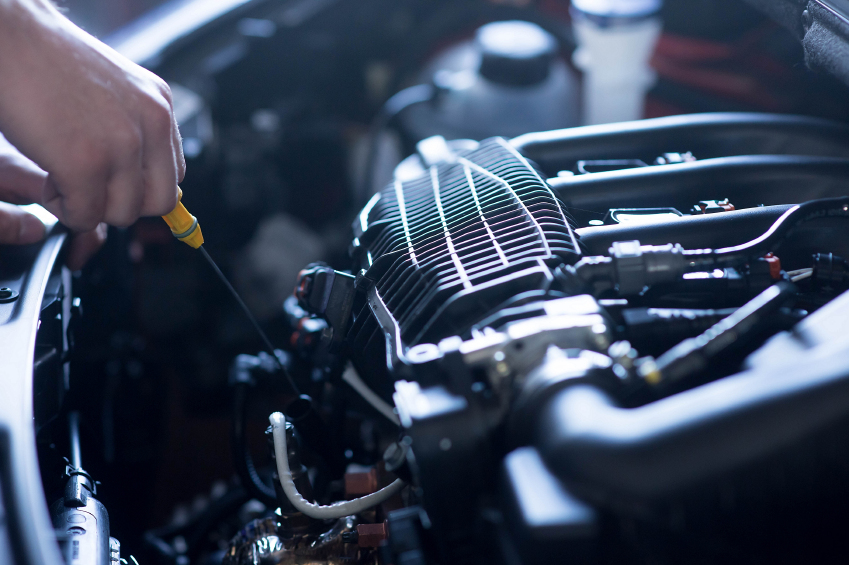We all know our vehicles need a regular service or preventive maintenance scheduled from time to time to ensure a safe and hassle-free driving experience. However, you should also know that an auto tune-up is equally significant to ensure efficient engine performance.
While preventive maintenance includes a full vehicle inspection, the basic service involved in an auto tune-up is to replace the spark plugs and make other adjustments to make the engine perform better. But how do you identify whether to get a tune-up or to request a preventive maintenance service? Well, this blog will help you identify the signs your vehicle makes to determine which service you need.
Tune-Up
If you face trouble while starting your car, your car is stalling or you notice a decrease in fuel mileage- you need a tune-up service and get the spark plugs replaced. But before concluding on whether the problem is with the spark plugs, a tune-up check is conducted. Your mechanic will recommend getting an engine performance analysis to see where the problem lies. To check the engine condition, these elements are checked;
- Battery voltage
- Power balance (to check for leaky valves, etc.)
- Code retrieval
- Exhaust emissions, engine vacuum
- Idle speed, idle mixture, and ignition timing
If there are no major faults detected in the tune-up check, you should still consider replacing the spark plugs, rotors, oxygen sensors, air and fuel filters.
Regular service
Regular service or preventive maintenance is getting a check-up done to make sure all parts are performing smoothly. The manufacturers of your car designed a service schedule to ensure a safe riding experience for you. You can either depend on your owner’s manual or ask an auto-technician to know the scheduled preventive maintenance for your car. You could choose to have one of these services:
- Oil and filter change: An important part of a service that helps your car to run smoothly and increase fuel efficiency.
- Basic or interim service: it includes oil and filter change, a visual inspection of your vehicle components, and refill of all the fluids in the engine. This is to ensure your car is a good condition and also to detect any additional work your car may need.
- Seasonal service special: It includes all the above-mentioned service work and also a full vehicle inspection which includes examining your vehicle’s safety components.
Bottom line:
The basic difference is that a tune-up usually involves treating only the things that affect your engine’s performance- plugs, valves, fuel, and air supply. While a service depends on mileage and involves almost any component of your vehicle and an oil change at a minimum.

